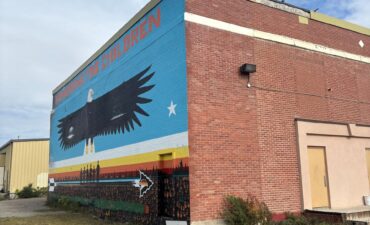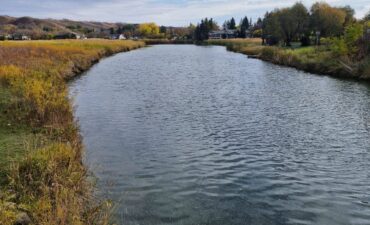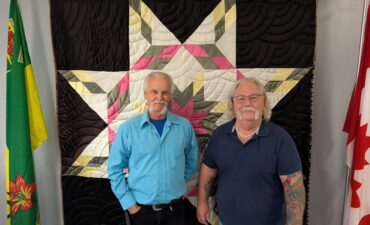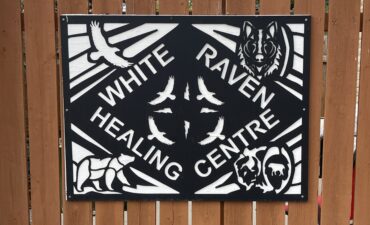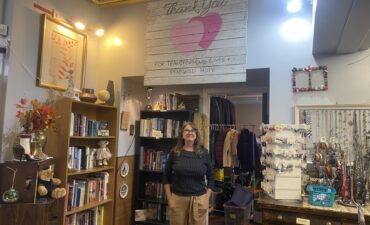By Emilie Wren
The newly-elected MLA for Regina-Elphinstone Center hopes to bring about change for her riding.
Meara Conway, a lawyer and musician born and raised in Regina has been elected as the incumbent for the riding comprised of a portion of downtown, cathedral area, and North-Central Regina.
She hopes that in being elected, she will be able to make significant improvements for her riding and Saskatchewan as a whole.
“My biggest focus and challenges are going to be around my critic roles which are social services, housing, human rights, and community organizations,” says Conway of her new position. “I think those are areas that impact not only the people in my riding, particularly, but people right across the province.”
Conway’s riding of Regina-Elphinstone Center has significant populations of Indigenous and low-income families. “It has its challenges, a lot of low socioeconomic households and significant numbers of urban poor and working-class,” says Conway of her riding.
October 26th marked the 29th Saskatchewan general election, where the Saskatchewan party seized majority. Conway will be working with Saskatchewan New Democratic Party (NDP) Leader Ryan Meili and eleven other NDP MLAs as the official opposition.
Even with few NDP MLAs serving in Legislature, Conway hopes that she and her peers can bring new ideas and discussions to the table. “I have many [ideas] around. We may have lots of great ideas but until we’re given a mandate, it’s very difficult to put those ideas into action.”
With a majority Saskatchewan Party Government, it is difficult to get new legislation off the ground when presented by an opposition party. Conway says that it is difficult to find the resources to introduce and support new programs, but by pointing out the issues in Legislature, she plans to make a difference.
“I worked at Legal Aid before I ran for provincial politics. And so, I have a pretty significant experience with the criminal justice system and the child apprehension system. In my experience, those are very ineffective systems,” says Conway about what she hopes to address during her time in Legislature.
Conway went on to explain some of what she saw as a lawyer for Legal Aid. “People that have interactions with the criminal justice system end up getting trapped in a cycle. There’s a lot of reasons for that, and the same with the child apprehension system. I represented parents that had children apprehended. I would always ask them when they came into my office about their own background and the vast majority of them were themselves apprehended. So, these cycles are not being effectively broken.”
When asked about what she thought needed to change within the Saskatchewan Legislature, she was critical of the Sask. Party. “We really need to start having some honest conversations about the record of these institutions. I think there’s been an unfortunate sort of resistance for the Sask. Party to even acknowledge that there are deep-seated problems with the justice system and the child apprehension system.”
“I was very upset to see that the premier refused to meet with Tristen Durocher or other groups that have set up outside of the Legislature in desperation to bring attention to the ways in which these systems [that] are there to support and help people are actually [undermining] their well-being. The first step is just acknowledging that we need new and alternative models of providing services to Saskatchewan communities. Because if we can’t take that first step, then there’s very little hope that we’ll be able to implement change right,” says Conway of the idea of change in the province and in Legislature.
When asked what she thought it would take for the Sask. Party to have conversations regarding systems that disproportionally affect Indigenous peoples in the province, Conway thinks it is inevitable. “The recognition of the damage that these systems are doing is growing. Particularly, I think, amongst young people, whether it was [Durocher’s protest] or Black Lives Matter. I think we really have a generation of young people who are starting to ask a lot of questions, particularly with regard to Indigenous issues.”
“We have a government that has not really acknowledged our shared history, let alone taken meaningful steps to address it. But I’m seeing a lot of energy and passion from those communities and I think it’s only a matter of time. As folks continue to apply pressure, the Sask. Party government will have to recognize what Indigenous folks are calling for.”
Conway explains that there are many Indigenous peoples that are not involved with the child apprehension system nor the justice system. “But we can’t ignore that these systems are disproportionally involved with Indigenous people in Saskatchewan.”
From her experience, Conway says that Indigenous peoples should have ownership over their communities. “Indigenous communities have lots of ideas about what they need, but they need some of these [current] systems to get out of their way to some extent. They need support and resources put in place for some of these programs. We need to get out of the way and allow Indigenous peoples to take back ownership of their communities and we need to support them with [the] resources.”
With her election as MLA of Regina-Elphinstone Center, Conway hopes to bring a new view after working with low-income families, families impacted by the justice system, and families affected by the child apprehension system. “I’m highly motivated to work with the people in and outside of my riding to bring about change to Regina and the province. I’m hoping that my experience with these systems will help me imagine alternatives effectively.”


